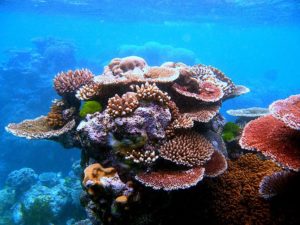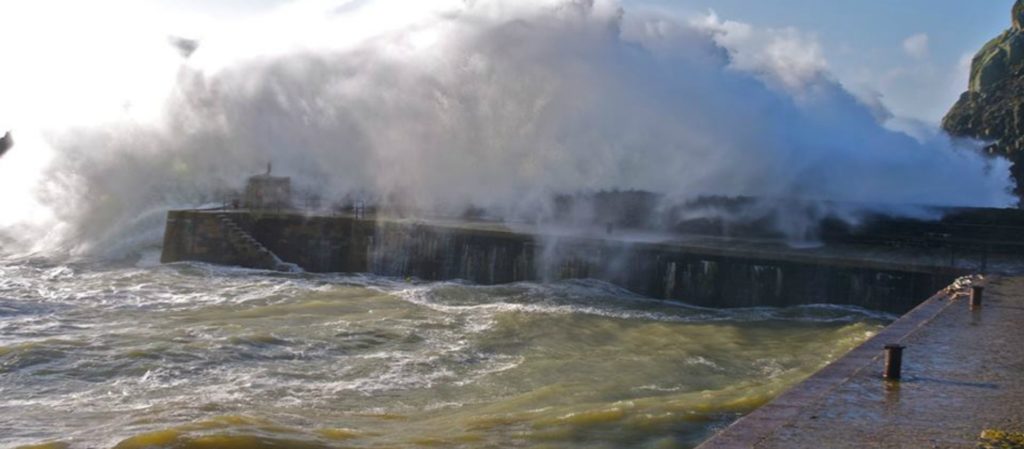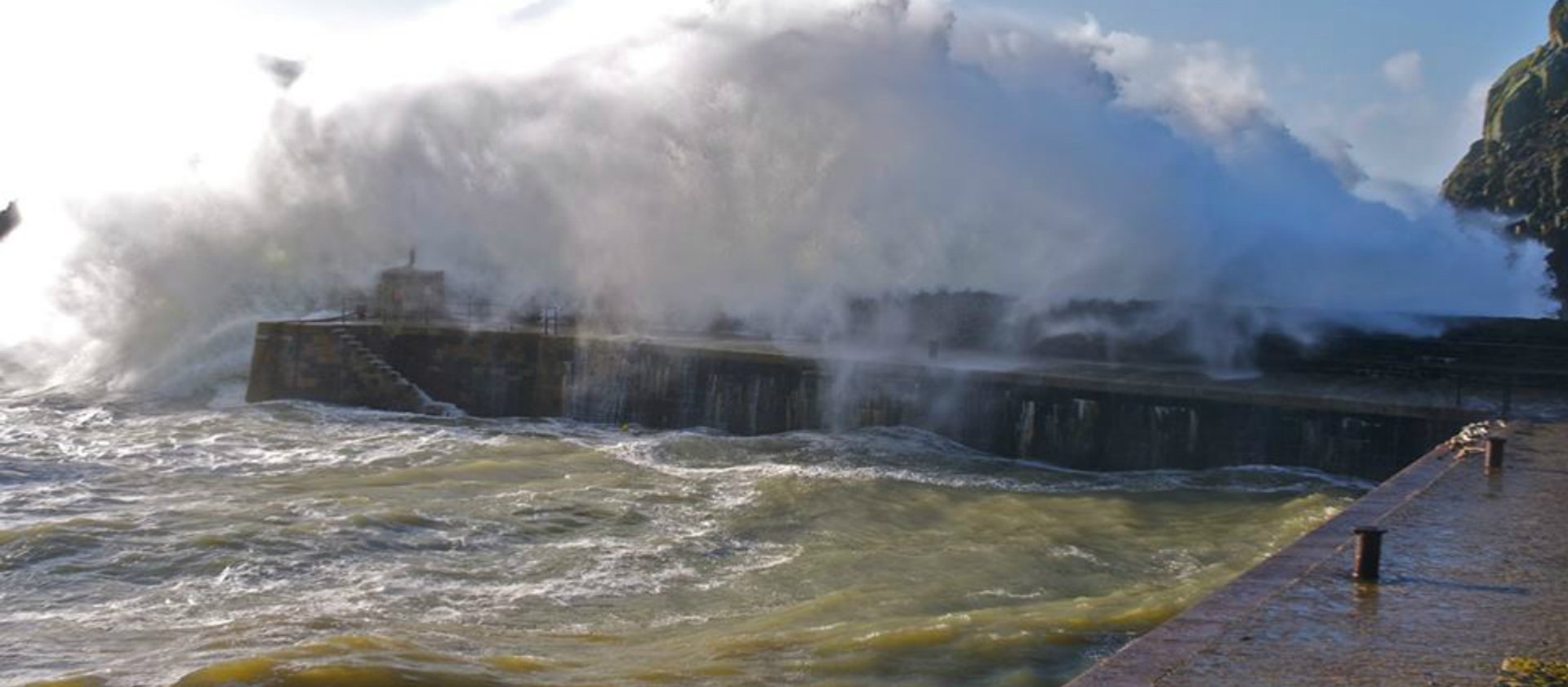https://soundcloud.com/scientistsatsea/climate-change-why-dont-people-act
Show Notes
In the last episode we spoke with Paul Butler and Annette Broderick about climate change and how this impacts their work on bivalves and turtles respectively. We also discussed some of the key points of the IPCC’s latest climate change report. If you would like to check that out, click here.
This time, we’re taking a slightly different approach in a chat we had with Professor of Human Geography, Catherine Leyshon. Specifically, we discussed the reasons why, in the face of overwhelming evidence, we appear to do very little in response.
The discussion ranges from why people might struggle to make small, every day changes, right through to governmental/international levels.
“We’re not really set up as a society to reward good behaviour, we tend to sanction bad behaviour”
Why don’t some actions work?
Australia’s Green tax:

Photo credit – Toby Hudson
This seemed like a good idea in principle, but ultimately didn’t work out, we’ve collected a few pieces relating to this. You can read about what the taxes were, what impact they had, why they were abandoned, and what has happened as a result:
“Australia records biggest emissions drop in a decade as carbon tax kicks in”
“Australia abandons disastrous green tax on emissions”
“Australia’s greenhouse gas emissions soar in latest figures”
What actions might work?

Photo credit: Layla Astley
Shifting Shores
In the UK we are seeing some changes. For example, the National Trust have introduced their Shifting Shores project, where they will now be focusing on adapting to changes at their coastal sites, rather than trying to prevent change.
For those of us in Cornwall, Mullion harbour wall is a particularly relevant example, you can read about the challenges the National Trust have faced with this here.
In 2012, Catherine co-authored a paper going into greater depth about this, which you can find here: Shifting Shores: Managing Challenge and Change on the Lizard Peninsula, Cornwall, UK
As Ethan mentioned in the episode, we are seeing some other actions, such as: Dutch parliament to set target of 95 percent CO2 reduction by 2050. There are several other areas covered in the episode, but to find out more you’ll need to give it a listen!
You can also read the IPCC Climate Change Press Release in full here.
Associate Professor Catherine Leyshon:

Catherine is a human geographer whose work combines landscape ecology, social relations and climate change. Catherine’s work on climate change is interesting for many reasons, but one aspect that really makes it stand out is its focus on local communities here in Cornwall. Studies can all too often focus on the distant impacts of climate change, but numerous studies from Catherine help to highlight the potential changes occurring on our door step.
Twitter: @cleyshon
Link to Scholar list of publications
Hosted by Ethan Wrigglesworth
Episode and show notes produced by Ben Toulson and Ethan Wrigglesworth
#ExeterMarine is an interdisciplinary group of marine related researchers with capabilities across the scientific, medical, engineering, humanities and social science fields. If you are interested in working with our researchers or students, contact Michael Hanley or visit our website!

